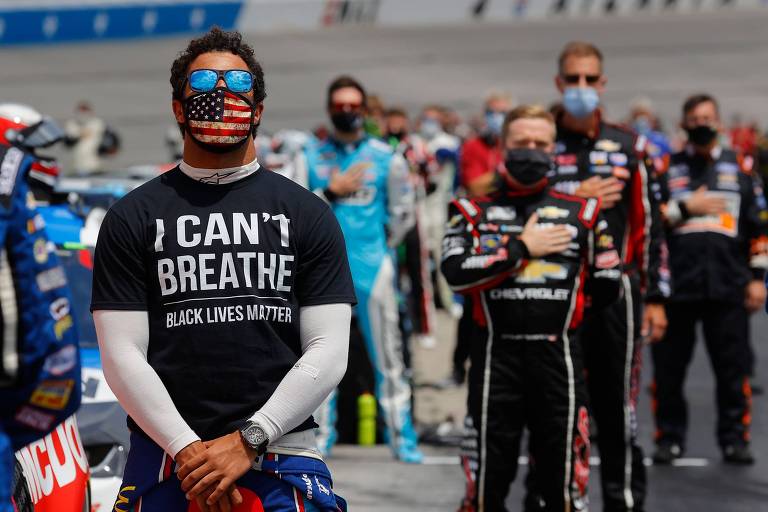The intentions to cultivate an atmosphere of supposed political neutrality during a sporting mega-event with representatives from two hundred countries clashes with the reality of an effervescent world and the growing activism of athletes.
In this context, the challenge that will be faced by the IOC (International Olympic Committee) during the Tokyo Games is not simple. So much so that the entity itself felt the need to put into discussion, since last year, a review of its rules for athletes' demonstrations in Olympic environments.
The original wording of Rule 50.2 of the Olympic Charter stated that, in order to preserve the neutrality of the Games, no type of political, religious or racial manifestation was allowed in the arenas and other areas. The result of the debates, which involved an online consultation of around 3,500 athletes from various countries, was released at the beginning of the month.
The new version of the IOC guidelines for the application of the rule includes venues as permitted stages for demonstrations, provided that it is before the start of the competition. It must be "consistent with the fundamental principles of Olympism" and cannot be directed directly or indirectly to people, countries and organizations.
Translated by Kiratiana Freelon
